Прежде чем ты уйдешь...
Получите скидку 20% на первый заказ
скидка в 20
Введите код ниже при оформлении заказа, чтобы получить скидку 20% на первый заказ
Свяжитесь с нами в чате прямо сейчас 👇
Currency
Бесплатная доставка свыше 20 евро.
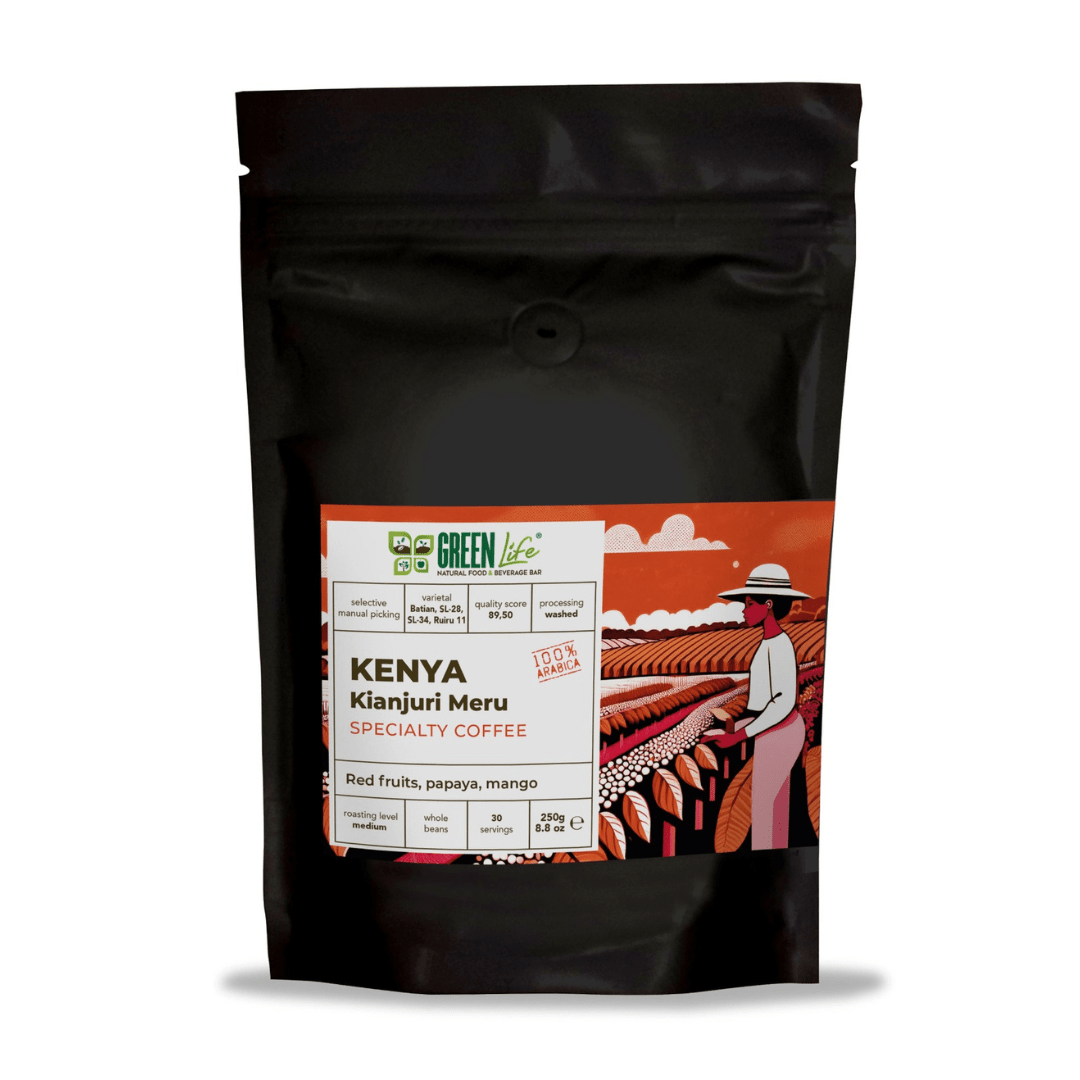
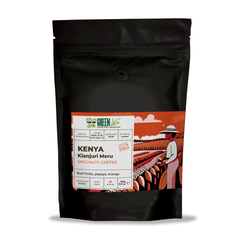
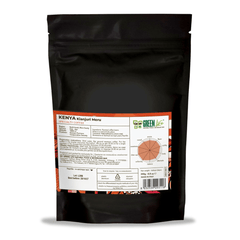
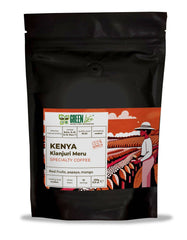
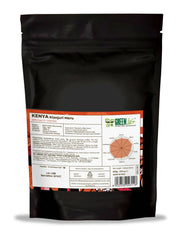
Couldn't load pickup availability
Бесплатная стандартная доставка для заказов на сумму более 50 евро по Кипру.
Ожидается доставка в течение 2-4 рабочих дней.
Вы можете вернуть большинство новых, неоткрытых товаров в течение 30 дней с момента доставки и получить полный возврат средств. Мы также оплатим стоимость обратной доставки, если возврат произошел по нашей ошибке (вы получили неправильный или дефектный товар и т. д.).
Вы должны рассчитывать на получение возмещения в течение четырех недель с момента передачи посылки обратному отправителю, однако во многих случаях вы получите возмещение быстрее. Этот период времени включает в себя время доставки, необходимое нам для получения вашего возврата от отправителя (от 5 до 10 рабочих дней), время, необходимое нам для обработки вашего возврата после его получения (от 3 до 5 рабочих дней), а также время, которое потребуется ваш банк обработает наш запрос на возврат средств (от 5 до 10 рабочих дней).
Если вам нужно вернуть товар, просто войдите в свою учетную запись, просмотрите заказ, используя ссылку «Выполнить заказы» в меню «Моя учетная запись», и нажмите кнопку «Вернуть товар(ы)». Мы уведомим вас по электронной почте о возврате средств, как только получим и обработаем возвращенный товар.
Красные фрукты, папайя и манго
Особый метод ферментации придает кофе аромат спелых тропических фруктов; в чашке он получается сбалансированным, сладким и богатым ароматом с послевкусием спелых красных фруктов.
ДАННЫЕ О КОФЕ
Оценка качества : 89.50
Разновидность : Batian, SL-28, SL-34, Ruiru 11
Обработка : Промытый
Регион : Северный Именти, округ Меру.
Урожай : февраль – апрель
Высота : 1800 м
Ферма : Мелкие фермеры округа Меру
Производитель : Фермерский кооператив Кианджури

РЕКОМЕНДУЕМЫЙ РЕЦЕПТ
Основываясь на стиле обжарки наших обжарщиков Андреа и Фабрицио, мы предлагаем два рецепта: для эспрессо и для фильтр-кофе (V60), которые вы можете использовать в качестве отправной точки, чтобы подчеркнуть вкусовые качества этой конкретной партии. Вы также можете наслаждаться этим кофе другими способами экстракции, используя наши рекомендации в качестве отправной точки для получения желаемых сенсорных оттенков, которые можно корректировать в зависимости от степени помола, характеристик воды и используемого оборудования.


ПРОДЮСЕР
Мелкие производители округа Меру
В округе Меру проживает народ амеру, имеющий богатую историю и традиции выращивания кофе на небольших плантациях, часто менее одного-двух гектаров каждая. Сразу после сбора урожая фермеры сразу же отвозят его на промывочную станцию для обработки, так что ежедневная партия может поступать от нескольких десятков фермеров.
Фермерский кооператив Кианджури
Кооператив Kianjuri Cooperative Coffee Farmers Ltd, основанный в 1970-х годах, объединяет около 900 мелких фермеров и управляется выборным советом директоров, который курирует повседневную деятельность через управляющего фабрикой, отвечающего за регистрацию членов, ведение документации и обработку кофе после доставки на фабрику. Фермы расположены в округе Меру, Кения, недалеко от Кианджури, на северо-восточном склоне горы Кения, на высоте около 1800 метров над уровнем моря.
НАЦИЯ
Кения
Кения является крупнейшим производителем кофе в Африке, на долю этой отрасли приходится около 20% экспорта страны. Кофе, завезенный в страну в 1893 году, выращивается в центральной и западной частях страны на высоте от 1200 до 2100 метров над уровнем моря, на плодородных, глинистых и хорошо дренированных почвах. Общая площадь, используемая для выращивания кофе, оценивается в 160 000 гектаров. В районах производства летний и весенний климат очень похож на европейский, с температурным диапазоном не более 19 °C и равномерным распределением осадков в течение года. Эти условия делают большинство районов Кении уникальными в мире для выращивания кофе. Страна наслаждается двумя цветениями каждый год, первое сразу после начала дождей в марте/апреле и второе в октябре, но в большинстве районов основной урожай созревает с октября по декабрь. Кенийская кофейная индустрия регулируется и гарантируется Кенийским советом по кофе – организацией, которая устанавливает и контролирует соблюдение строгих стандартов качества. Кенийский кофе известен своим уникальным ароматом с фруктовыми нотками и мягкой кислинкой, что делает каждую дегустацию незабываемой.
РЕГИОН
Округ Меру
Округ, занимающий площадь около 7000 квадратных километров вдоль восточного склона горы Кения, обладает микроклиматом, благоприятствующим сельскому хозяйству, основному виду деятельности в этом районе, что позволяет производить качественный чай и табак. Но прежде всего кофе, который выращивается на высоте от 1350 до 1950 метров над уровнем моря, достигает очень высокого уровня качества благодаря плодородным вулканическим почвам и обильным осадкам, которые в сочетании с опытом и страстью фермеров способствуют исключительному качеству производимого кофе. Выращивание кофе в округе Меру восходит к началу 20-го века, когда британское колониальное правительство ввело культивацию кофейного растения; Однако только с 1950-х годов народ Амеру сделал выращивание кофе основным видом экономической деятельности, со временем превратив округ в зону производства элитного кофе и заслужив многочисленные награды за свои уникальные и высококачественные зерна, востребованные любителями кофе по всему миру.
КУЛЬТИВАР
Батиан
Batian — сложный сорт, полученный в результате скрещивания сортов Typica и Bourbon; устойчивый к листовой ржавчине и наиболее распространенным заболеваниям, сорт был представлен в Кении в 2010 году.
СЛ 28
Один из самых известных и популярных африканских сортов — SL 28, широко распространенный в Кении с 1930-х годов, подходящий для средне-высоких высот, устойчивый к засухе, но восприимчивый к основным болезням кофе.
СЛ 34
Сорт, первоначально выведенный в Кении в конце 1930-х годов в сельскохозяйственных лабораториях Скотта, приспособлен к высокогорным районам с хорошим количеством осадков и отличается растениями с темно-бронзовыми верхушками побегов, чередующимися с зелеными верхушками пней.
Руиру 11
Этот сорт кофе высокоурожайный, высаженный в Кении, позволяет производить его более интенсивно, снижая потери из-за болезней и вредителей, сохраняя при этом высокие стандарты качества.
ПРОИЗВОДСТВЕННЫЙ ПРОЦЕСС
Сбор костянок
Кофейные косточки собираются вручную, чтобы обеспечить идеальную степень зрелости плодов, и в тот же день доставляются на станцию мойки для обработки.
Удаление кожуры и мякоти
Первый этап переработки заключается в механическом удалении кожуры и мякоти плодов для отделения зелёных кофейных зёрен, которые затем ферментируются в воде. Отходы переработки – кожура и мякоть – будут использованы в качестве натурального компоста для питания растений.
Ферментация в воде
Кофейные зерна погружают в воду в ферментационных чанах, где они остаются на срок от 12 до 24 часов в зависимости от внешних климатических условий. После ферментации кофейные зерна проходят через специальные промывочные каналы, где удаляется оставшаяся клейковина.
Замачивание
Затем зерна отправляют в резервуары для замачивания, где они остаются под водой ещё 48 часов. Этот процесс увеличивает содержание белков и аминокислот, что, в свою очередь, повышает кислотность. После замачивания кофе оставляют стекать в течение 1-2 часов.
Сушка
Кофейные зерна помещают на высокие грядки (африканские грядки) и сушат на солнце в течение 3–4 недель. Этот медленный процесс позволяет получить однородные зерна с конечной влажностью от 10% до 12%.
Упаковка и снижение влажности
После сушки кофе упаковывают в джутовые мешки и хранят на складе около 1 месяца; этот процесс помогает дополнительно стандартизировать процент влажности, тем самым избегая риска образования плесени во время морской транспортировки.
Декортикация
После достижения нужного уровня влажности с кофейных зерен снимается пленка с помощью валковой машины. Затем кофе окончательно упаковывают в джутовые мешки и готовят к отправке.
Хотя Green Life стремится обеспечить точность изображений и информации о своих продуктах, некоторые производственные изменения в упаковке и/или ингредиентах могут быть опубликованы на нашем веб-сайте. Мы рекомендуем вам прочитать этикетки, предупреждения и инструкции ко всем продуктам перед использованием, а не полагаться исключительно на информацию, предоставленную Green Life.
Важно: Сроки доставки могут увеличиться в праздничные дни.
Вы можете вернуть большинство новых, нераспечатанных товаров в течение 3–5 дней с момента доставки и получить полный возврат средств. Мы также оплатим стоимость обратной доставки, если возврат является результатом нашей ошибки (вы получили неправильный или бракованный товар и т.д.).
Вы можете ожидать возврата средств в течение четырех недель после передачи посылки перевозчику. Во многих случаях возврат произойдет быстрее. Этот период включает:
Если вам нужно вернуть товар, просто войдите в свой аккаунт, откройте заказ в разделе "Завершенные заказы" и нажмите кнопку "Вернуть товар(ы)". Мы уведомим вас по электронной почте, как только получим и обработаем возвращенный товар.
Thanks for subscribing!
This email has been registered!

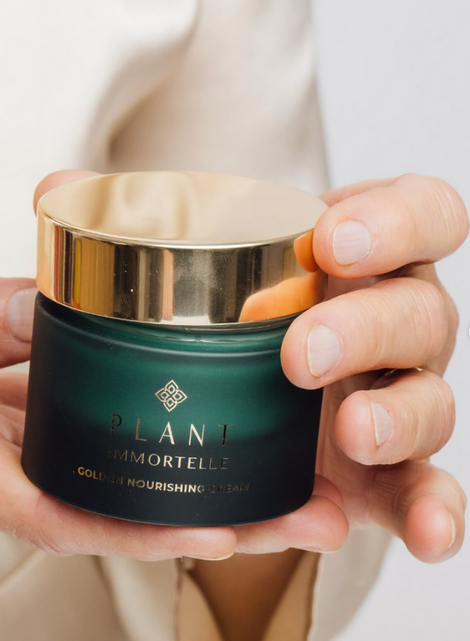
Получите скидку 20% на первый заказ
Введите код ниже при оформлении заказа, чтобы получить скидку 20% на первый заказ